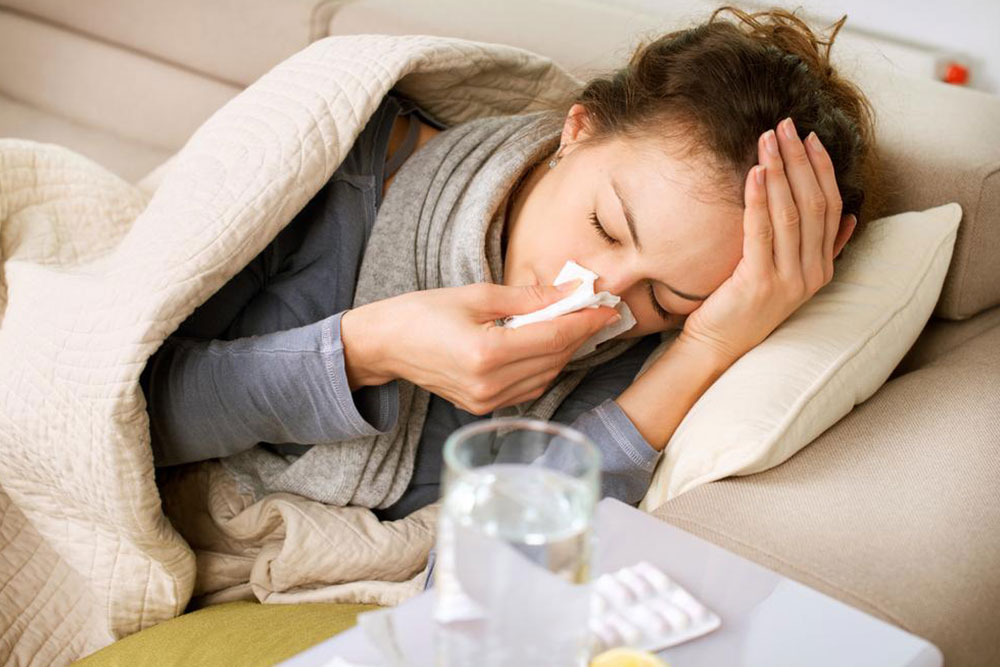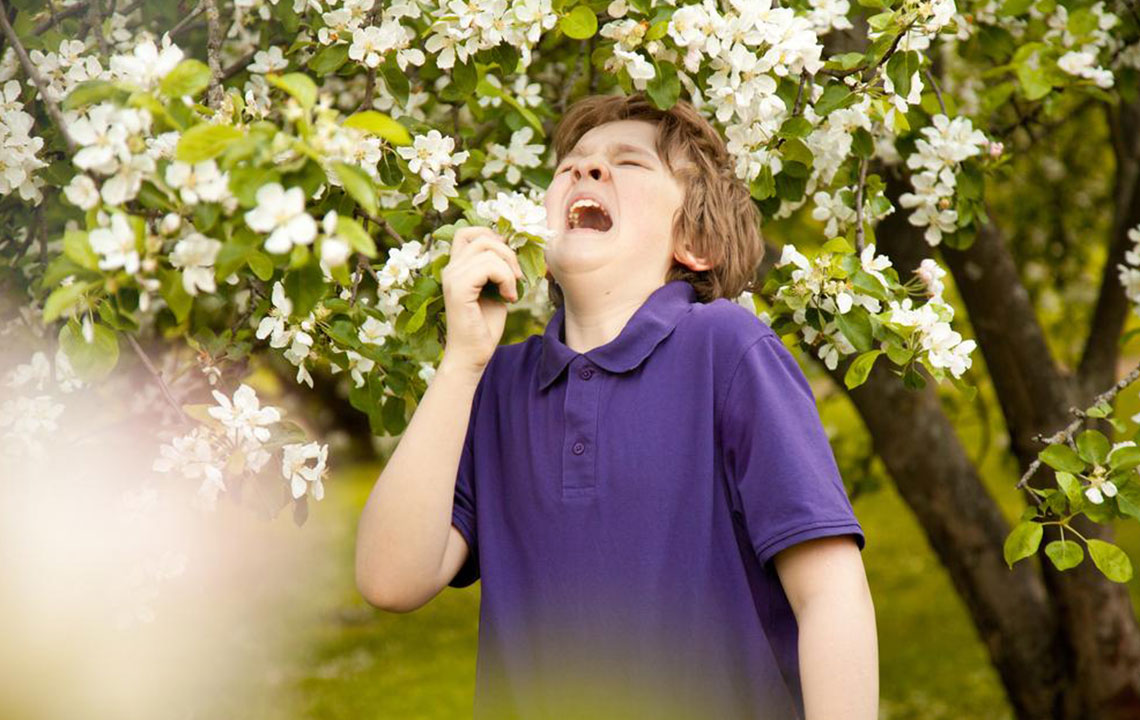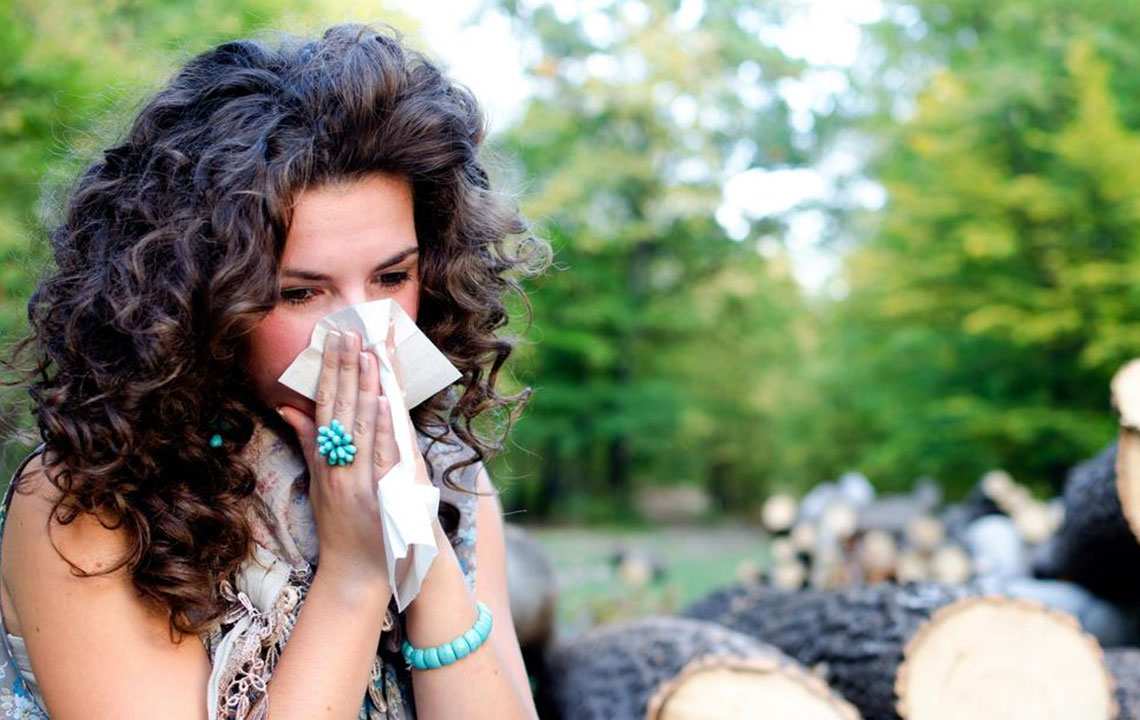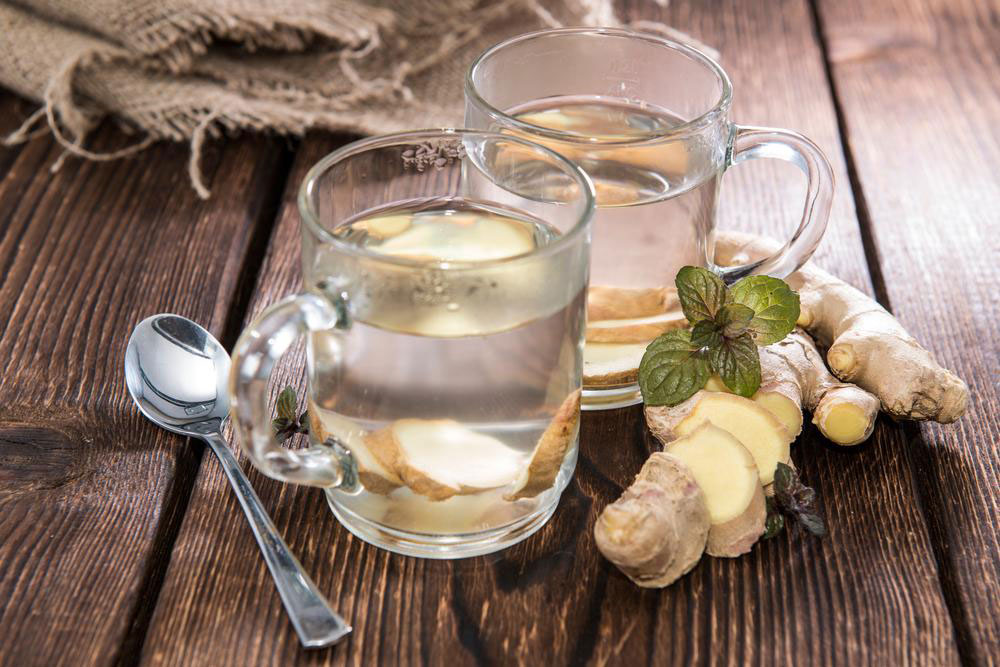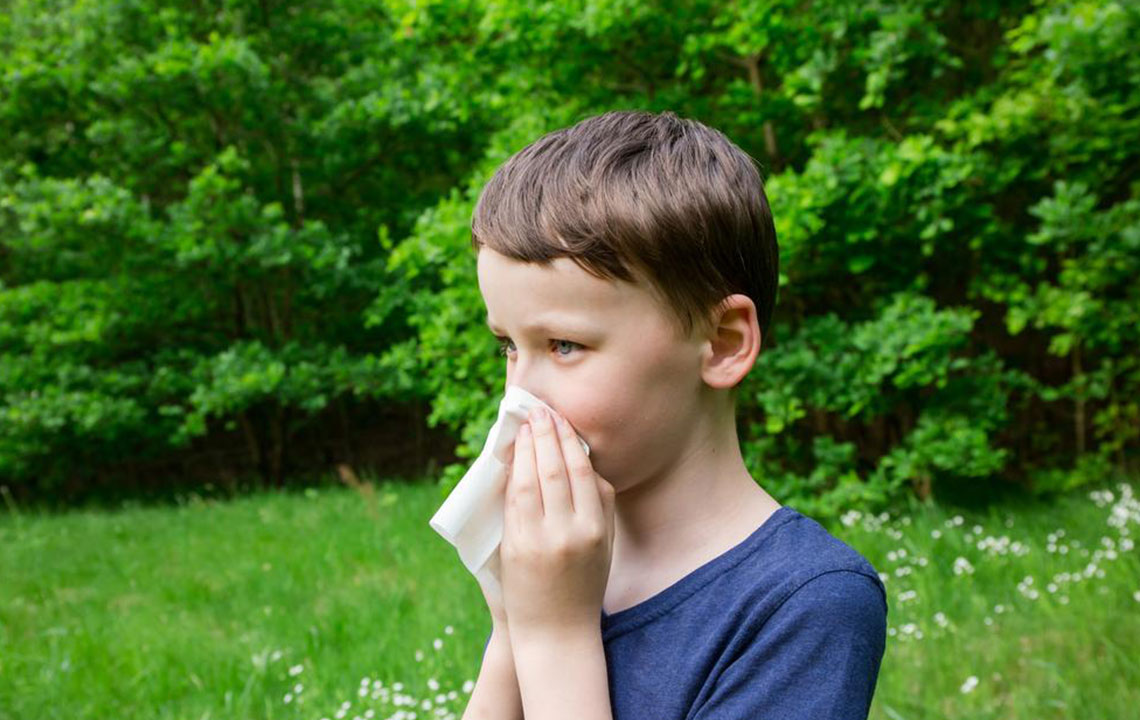Comprehensive Natural Strategies to Effectively Manage Seasonal Allergies
Discover effective, natural strategies to manage seasonal allergies and enjoy spring without discomfort. This comprehensive guide covers preventive measures, lifestyle tips, and treatment options, emphasizing natural remedies and lifestyle adjustments. Learn how to reduce pollen exposure, improve indoor air quality, and incorporate alternative therapies to keep allergy symptoms under control. With practical tips and expert advice, you can stay comfortable and make the most of the season by minimizing allergic reactions naturally and effectively.
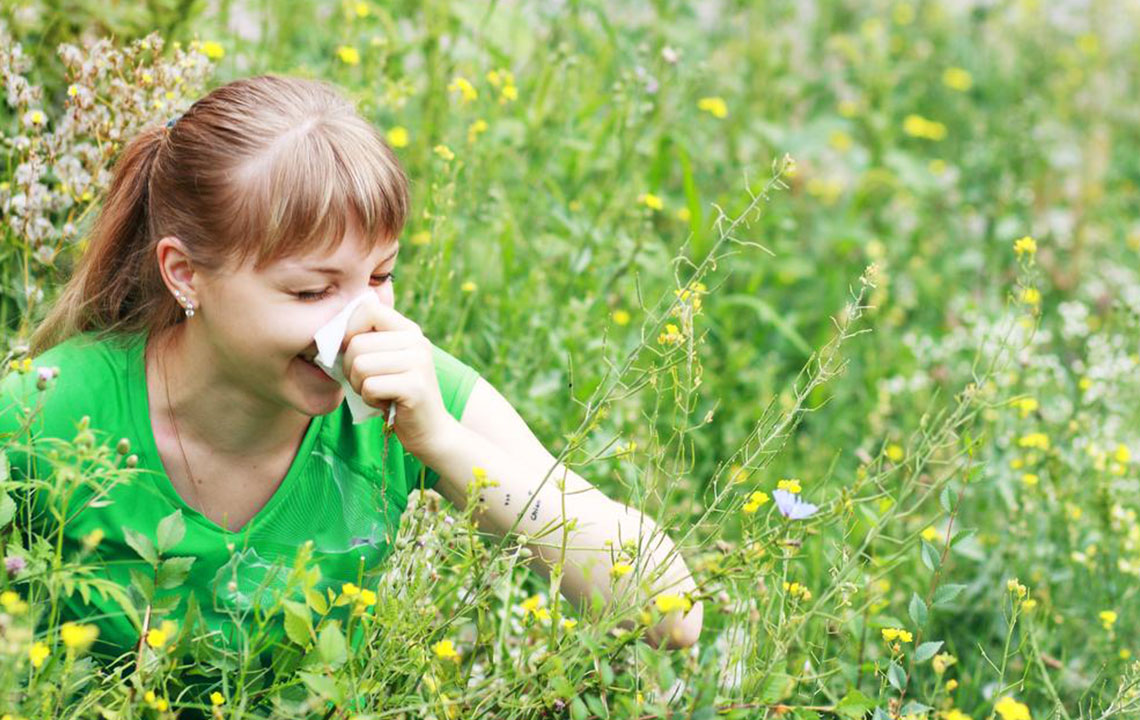
Comprehensive Natural Strategies to Effectively Manage Seasonal Allergies
Springtime heralds an explosion of vibrant blossoms, lush greenery, and a pleasant aroma that lifts the spirits of many. It is undoubtedly one of the most cherished seasons of the year, offering opportunities for outdoor activities, gardening, and enjoying nature’s beauty. However, for millions of individuals worldwide, spring also marks the beginning of an uncomfortable period characterized by seasonal allergies, commonly known as hay fever. These allergies bring a host of symptoms such as relentless sneezing, a persistent runny nose, nasal congestion, itchy eyes, and throat irritation, which can significantly diminish the enjoyment of this beautiful season. Fortunately, with a combination of natural, preventive measures and effective lifestyle adjustments, it is possible to mitigate these symptoms and embrace springtime with less discomfort. This comprehensive guide delves into proven strategies, both natural and practical, that can help you manage seasonal allergies effectively, without solely relying on medications.
Proactive Measures to Prevent and Reduce Allergy Symptoms
While there are various medications designed to alleviate allergy symptoms, the cornerstone of effective allergy management lies in proactive prevention. Implementing these natural and practical measures can greatly reduce pollen exposure and help your body stay resilient during high pollen seasons:
Limit outdoor activities during peak pollen times, usually early mornings and windy days. Staying indoors when pollen counts are highest can significantly decrease exposure.
Avoid outdoor gardening, yard work, or activities that stir up pollen unless absolutely necessary. When gardening is unavoidable, wear protective gear such as masks and gloves to minimize pollen contact.
Immediately shower and change into clean clothes after spending time outdoors. Pollen particles often cling to your skin, hair, and clothes, which can then be transferred indoors.
Refrain from drying clothes and bedding outside during high pollen periods to prevent pollen from settling on fabrics.
Use a high-quality pollen mask when outdoor activities are essential, especially during high pollen seasons or windy days.
Keep windows and doors closed during peak pollen times to prevent outdoor pollen from entering your living space.
Leverage air conditioning units with properly maintained filters to help filter out pollen indoors and maintain a cleaner air environment.
Maintain a clean indoor environment by vacuuming regularly with a HEPA-filter vacuum cleaner to reduce dust and pollen accumulation.
Use dehumidifiers to control indoor humidity levels. Lower humidity can reduce mold growth and pollen dispersion, further decreasing allergen presence.
Effective and Natural Treatment Options for Seasonal Allergies
When allergy symptoms are unavoidable despite preventive measures, various treatments can provide relief. Here’s an in-depth look into both conventional and alternative options, emphasizing natural approaches where possible:
Oral antihistamines: These are among the most popular choices for managing hay fever symptoms. Antihistamines work by blocking histamine release, which is responsible for allergy symptoms. Some antihistamines are also used prophylactically to prevent symptom onset before exposure to pollen.
Decongestants: Oral decongestants help reduce nasal swelling, relieving congestion and making breathing easier. Nasal spray decongestants provide targeted relief but should not be overused to avoid rebound congestion and other side effects.
Nasal irrigation: Saline nasal rinses or sinus washes can be highly effective in flushing out pollen, dust, and other allergens from nasal passages, providing swift relief from congestion and irritation.
Natural remedies and supplements: Certain herbs and supplements, such as quercetin, butterbur, and eyebright, are believed to have anti-inflammatory properties that can help lessen allergy symptoms when taken under medical supervision.
Acupuncture and mind-body techniques: Some individuals find relief through acupuncture, which is thought to help modulate immune responses. Mindfulness and breathing exercises may also reduce stress-related exacerbation of allergy symptoms.
Consultation with healthcare providers: Accurate diagnosis and tailored treatment plans are essential. A healthcare professional can help determine the most effective natural and medical options suited to your specific condition.
Managing seasonal allergies effectively requires a combination of preventive measures, lifestyle adjustments, and careful consideration of treatment options. Taking proactive steps to minimize exposure, maintaining good hygiene, and using natural remedies can make a significant difference in your quality of life during allergy seasons. Always consult healthcare professionals before starting new treatments or supplements to ensure safety and efficacy. Embracing spring’s beauty without suffering from allergies is achievable with informed and consistent efforts.
